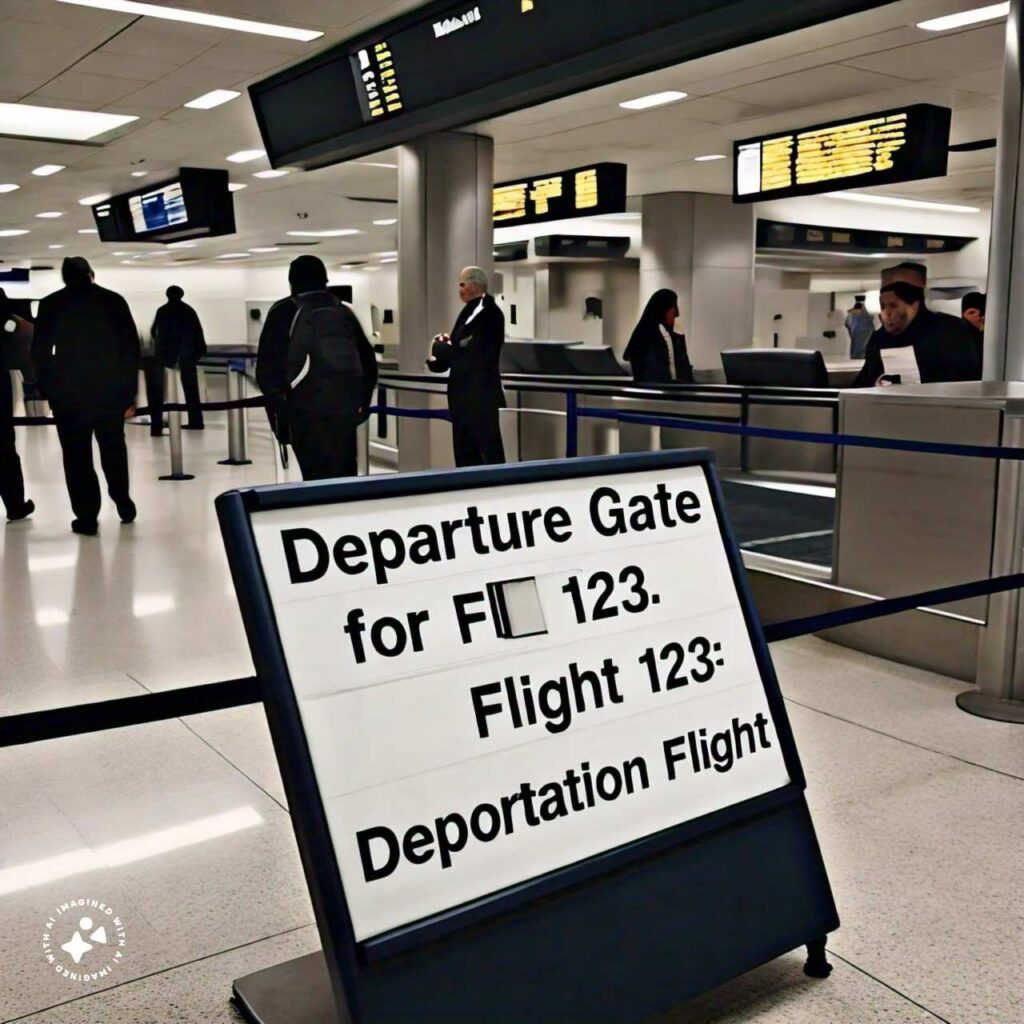Navigating the complexities of immigration, particularly dealing with potential deportation or administrative removal from the UK, can be daunting. This guide aims to clarify these processes, outline your rights, and provide guidance on how to handle such situations if you find yourself at risk in the United Kingdom.
Understanding Deportation vs. Administrative Removal
Administrative Removal:
This process involves individuals who may need to leave the UK due to reasons like overstaying their permission, having a refused application, or violating visa conditions.
Deportation from the UK:
This is generally for foreign nationals who are considered to be removed from the UK for the public good, typically after serving a criminal sentence, and can sometimes involve family members.
Seeking Legal Assistance
If you receive a notice of intention to deport or remove, it is crucial to seek specialized immigration legal advice immediately.
Challenging the Decision
If you decide to challenge a removal decision, you will typically be informed how to do so in your notification letter. Engaging with an immigration specialist is advisable to help you formulate a strong argument, possibly on the grounds of human rights or asylum.
If Your Challenge Fails
Should your challenge be unsuccessful, you’ll be informed about the process for leaving the UK, which may or may not include rights to an appeal:
- Right to Appeal: If applicable, you can argue your case before an independent tribunal.
- No Right to Appeal: If not, voluntary departure may be an option.
Voluntary Departure
Opting for voluntary departure can sometimes be advantageous, as it may allow you to apply to return to the UK sooner than if you were deported.
Eligibility for Voluntary Departure from the UK
You may choose voluntary departure if:
- You do not have a formal deportation order against you.
- You have overstayed your permitted time in the UK.
If you arrange and finance your return home by yourself, you may be eligible to apply to return to the UK within one year.
Financial Assistance for Departure
If financial constraints prevent you from covering the costs of your journey home, the government may assist in the form of a ‘voluntary return.’
The government can support your return if you meet any of the following criteria:
- You entered the country illegally or overstayed your visa.
- You applied for asylum.
- You were a victim of modern slavery, such as human trafficking.
- You are an EU, EEA, or Swiss citizen without permission to reside in the UK.
Additionally, you may be eligible for financial aid of up to £3,000 to help you reintegrate into your home country. Detailed information about financial assistance for returning home can be found on GOV.UK.
Timing for Returning to the UK After Assisted Departure
If you have previously left the UK with government assistance, the typical timelines for reapplying to return are as follows:
- Within two years if you departed within six months after being instructed to leave.
- Within two years after your appeal was refused or an administrative review was completed.
- Within five years if it took you longer than six months to leave after being instructed.
There may be exceptions to these timeframes if you are applying to return as the partner or parent of a child who is currently in the UK.
Special Cases in UK Immigration
Sometimes, you might not have a formal deportation order, but other factors could still affect your status.
Seeking Legal Advice
If you think there are strong reasons for you to remain in the UK even without a formal deportation order, it’s crucial to get legal advice. You might need to explain why these reasons weren’t presented earlier. Legal guidance can help you navigate these complex situations effectively.
Detention and Bail
If you are detained pending removal, you may apply for bail, and it helps if you or a supporter can provide a financial guarantee.
Detention Process in the UK
If you’re informed that you will soon leave the UK, you may be taken to a detention center where you’ll stay until your departure. Detention might also happen if there’s a concern that you might try to avoid deportation.
Vulnerable individuals, such as those with mental health issues, pregnant women, or those with physical disabilities, are generally not supposed to be detained. If you believe you are wrongly detained because of your vulnerability, you can apply for bail.
Applying for Bail
Bail means that the government allows you not to stay in detention. Your chances of getting bail are better if you or someone else can offer a financial guarantee that you will not abscond.
Legal Representation in Detention
While detained, you have the right to legal representation. You can request a duty solicitor under the Detention Duty Advice Scheme to assist with bail applications or further appeals.
For assistance with bail applications, you can seek free help from Bail for Immigration Detainees, a charitable organization specializing in legal advice for those held in UK immigration detention centers.
Difference between voluntary and forced deportation
Voluntary Deportation
Voluntary deportation, also known as voluntary departure, allows individuals to leave the country on their own terms. Here are the key characteristics:
- Choice and Control: The individual chooses to leave by a specified date, avoiding the need for government enforcement. This option is typically offered after an individual receives a notice from immigration authorities indicating their intention to remove them.
- Less Severe Consequences: Voluntary departure generally does not result in an automatic ban on re-entry to the country, although individuals who have accrued over a year of unlawful presence may still face a 10-year bar. This option can help maintain a more favorable immigration record, making future applications for visas or residency less complicated.
- Self-Arranged Departure: Individuals manage their own travel arrangements, which can be less stressful compared to being forcibly removed.
Forced Deportation
Forced deportation, or simply deportation, involves the government mandating an individual to leave the country against their will. Key aspects include:
- Government Enforcement: Deportation is a formal process initiated by immigration authorities, often following a legal order. Individuals do not have control over when or how they leave; instead, they are escorted out by officials.
- Severe Consequences: Those who are deported typically face significant bans on re-entry, which can range from five years to a lifetime, depending on the circumstances surrounding their deportation. This can severely impact future immigration opportunities.
- Legal Record Implications: A deportation order can complicate future visa applications and other immigration processes, as it creates a more serious legal record compared to voluntary departure.
Facing deportation or administrative removal from the UK requires immediate and informed action. By understanding your rights, the detailed steps of the process, and how to seek appropriate legal help, you can better navigate through this challenging experience and make informed decisions about your situation.
How Law and Visas Can Help?
At Law and Visas, our team of expert immigration consultants is here to make your application process straightforward and successful. Whether you’re applying for Refugee Status or an Indefinite Leave to Remain, we handle every step—from preparing your application to gathering the required documents.
Our Immigration Consultants and Lawyers ensure that your application meets the highest standards, with no details missed. We’ll also keep you informed throughout the process and coordinate with the immigration office or embassy on your behalf.
Law and Visas have a strong record of helping clients secure the visas/permits they need to visit the UK. You can call us today at +234 812 5505 986 to learn how we can help you.





